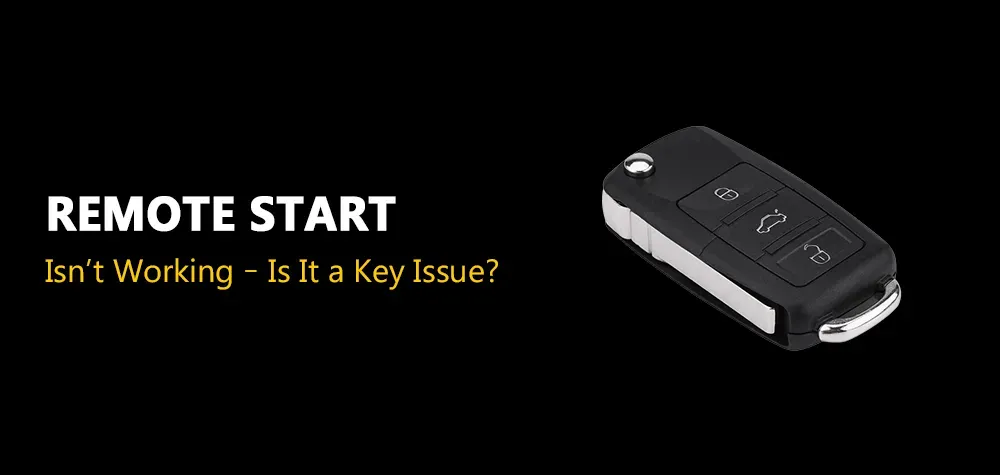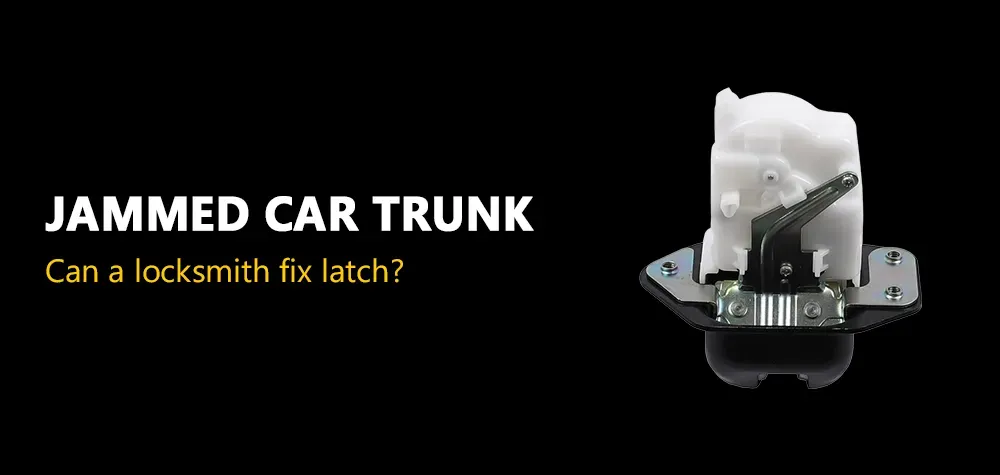9 Access Control System Features
Access control systems are pivotal in safeguarding businesses and organizations by regulating who can enter or access specific areas. From small enterprises to large corporations, the right access control system can provide both security and flexibility. Here’s an in-depth look at nine essential features every access control system should have to ensure optimal security and efficiency.
1. User Authentication and Verification
The core function of an access control system is to authenticate users. This involves verifying the identity of an individual through methods such as passwords, PINs, biometric scans (fingerprints or facial recognition), and RFID cards. The multi-factor authentication (MFA) option further enhances security by requiring users to verify their identity through multiple methods, reducing the risk of unauthorized access.
2. Access Levels and Permissions
Effective access control systems allow administrators to set varying access levels and permissions based on the user’s role within the organization. This feature ensures that sensitive areas are only accessible to authorized personnel, helping to prevent security breaches. For instance, while general employees might have access to common areas, restricted zones like server rooms or executive offices can be limited to specific roles.
3. Real-Time Monitoring and Alerts
One of the most critical features of modern access control systems is real-time monitoring. This allows security personnel to track movements and activities across different zones within a facility. Additionally, the system can be configured to send immediate alerts in the event of unauthorized access attempts, door breaches, or any suspicious activity, enabling swift action to prevent potential threats.
4. Audit Trails and Reporting
Maintaining a detailed log of access events is essential for security auditing and compliance. Audit trails record every entry and exit, providing a comprehensive history of who accessed certain areas and when. This feature is crucial for investigating security incidents and ensuring that the organization complies with industry regulations and standards.
5. Integration with Other Security Systems
A versatile access control system should integrate seamlessly with other security systems, such as surveillance cameras, alarm systems, and building management systems. Integration enhances overall security by enabling coordinated responses to incidents. For example, if an access control system detects a breach, the surveillance cameras can automatically focus on the affected area while the alarm system is triggered.
6. Remote Access Management
With advancements in technology, remote access management has become a critical feature. This allows security administrators to manage the access control system from any location using a secure internet connection. Remote access is particularly beneficial for multi-site organizations, enabling centralized control and consistent security protocols across all locations.
7. Visitor Management
Managing visitors effectively is an often overlooked but vital component of access control. Modern systems come with integrated visitor management features that streamline the check-in process, issue temporary access credentials, and monitor visitor movements within the facility. This feature ensures that visitors are accounted for and only access authorized areas during their stay.
8. Scalability and Flexibility
As businesses grow, their security needs evolve. A scalable access control system allows for easy expansion, whether adding new users, integrating additional sites, or upgrading to more advanced technologies. The system’s flexibility ensures it can adapt to changing requirements without requiring a complete overhaul, making it a cost-effective long-term solution.
9. User-Friendly Interface
An intuitive, user-friendly interface is crucial for the effective management of an access control system. Administrators should be able to easily navigate the system, configure settings, and respond to alerts without extensive training. A user-friendly interface reduces the likelihood of errors and ensures that security protocols are consistently followed.
Conclusion
Choosing an access control system with these essential features can significantly enhance the security and operational efficiency of your business. By understanding and implementing these features, you can protect your organization from unauthorized access, ensure compliance with regulations, and maintain a safe environment for employees and visitors. Regularly reviewing and updating your access control system will keep it aligned with your evolving security needs.
FAQs
1. What is an access control system?
An access control system is a security solution that manages who can enter or access certain areas within a facility, based on authentication and authorization methods.
2. Why is multi-factor authentication important in access control systems?
Multi-factor authentication adds an extra layer of security by requiring users to verify their identity through multiple methods, reducing the risk of unauthorized access.
3. How does remote access management benefit businesses?
Remote access management allows administrators to manage the access control system from anywhere, providing flexibility and centralized control, especially for multi-site organizations.
4. What should be considered when choosing an access control system?
Consider the system’s scalability, integration capabilities, user interface, and ability to meet your specific security needs.
Call Us Any Time!




